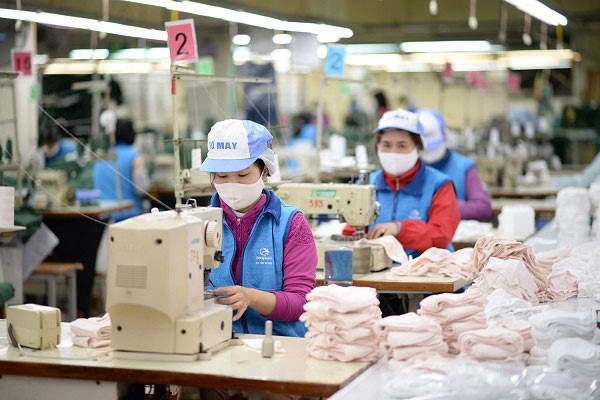 |
| FTAs have enhanced the competitiveness of Vietnamese goods when penetrating international markets. (Source: Economic & Urban Newspaper) |
Participating in diverse FTAs, Vietnamese goods move deeper into the global value chain
Vietnam's signing and participation in many FTAs has helped increase export value, and the trade balance has improved in the direction of shifting from deficit to surplus. According to the Ministry of Industry and Trade , 2022 is the 7th consecutive year that Vietnam has had a trade surplus with a surplus of nearly 12 billion USD. In the first 7 months of 2023 alone, Vietnam continued to have a trade surplus of 15.23 billion USD, contributing to increasing foreign exchange reserves, stabilizing exchange rates and macroeconomic indicators.
General Director of Trung An High-Tech Agriculture Joint Stock Company Pham Thai Binh said that before the Vietnam-EU trade agreement (EVFTA) was signed, Vietnamese rice exported to Europe was subject to very high tax rates of 5-45%. Meanwhile, rice from Laos, Cambodia, Myanmar... was given special policies by the EU and exempted from tax because these are poor countries. With EVFTA, rice businesses have the opportunity to compete equally and boost exports to the EU market.
From the perspective of one of the key export enterprises of Hanoi, General Director of Hanoi Trade Corporation (Hapro) Vu Thanh Son stated that FTAs have created opportunities for enterprises exporting agricultural products, aquatic and seafood processing products to access international markets. In particular, expanding export markets is also an opportunity for enterprises to participate in restructuring the supply chain that is being disrupted by the Covid-19 pandemic.
Economic experts say that signing a variety of FTAs will help Vietnam's economy change positively in the context of the global economy being affected by the Covid-19 pandemic and economic and political conflicts. At the same time, it will create opportunities for Vietnamese agricultural products to reduce their dependence on the Chinese and Southeast Asian markets. In particular, FTAs become a "lever", promoting comprehensive agricultural restructuring, associated with green and clean factors.
Although FTAs have improved the competitiveness of Vietnamese goods when entering international markets, Vietnamese enterprises still mainly process or export raw materials, and have not yet built a brand in the international market. In addition, the development of international trade still relies on breadth factors, lacking the contribution of depth factors such as labor productivity, knowledge content, and technology.
To achieve sustainable export growth and expand market share, according to Vietnamese Trade Counselor in Canada Tran Thu Quynh, Vietnamese enterprises need to quickly transform towards building their own brands. “At the same time, we need to specialize in specific product groups that when thinking of Vietnam, local consumers immediately think of our products, such as protective footwear, beachwear, children's clothing…”, Ms. Quynh suggested.
In order for Vietnamese goods to participate more deeply in the global supply chain, Minister of Industry and Trade Nguyen Hong Dien affirmed that green growth, development, and circular economy are becoming global trends. In order not to be eliminated from the game, businesses need to meet strict market requirements, thereby enhancing Vietnam's competitiveness and position in the international arena. "In the coming time, the Ministry of Industry and Trade will propose to the Government to build and perfect import-export institutions that meet international standards, creating conditions for businesses to expand export markets," Minister Nguyen Hong Dien emphasized.
Vietnam's rice exports "peak", highest in 15 years
According to the latest update from the Vietnam Commodity Exchange (MXV), at the end of the trading week from July 31 to August 4, on the Chicago Board of Trade, rough rice futures for September delivery were the only agricultural product to close the week in the green, up 2.08% to $313.96/ton.
In Vietnam, data from the Vietnam Food Association shows that as of August 4, the export price of 5% broken rice from our country continued to increase by 20 USD/ton and exceeded 600 USD/ton, reaching 618 USD/ton, narrowing the gap with Thai rice to only 7 USD/ton.
Along with that, 25% broken rice also increased by 20 USD/ton compared to the previous day, up to 598 USD/ton, far surpassing regional competitors such as India, Pakistan and Thailand. Thus, the export price of Vietnamese rice has now reached its highest level since 2008.
After the Indian government officially issued a ban on rice exports, the prices of 5% broken rice and 25% broken rice exported from our country continuously increased sharply every day. Within just half a month, the price of key rice export items increased to nearly 100 USD/ton.
By the end of July, Vietnam exported about 4.83 million tons of rice, worth 2.58 billion USD, up 18.7% in volume and 29.6% in value over the same period last year. In terms of import structure, the Philippines continues to be the largest buyer of rice from our country, accounting for 40.1% of total exports in the first half of the year.
China followed, importing more than 16%, and Indonesia accounted for 11.6% of total exports. The European market, although only accounting for a small proportion of about 2%, still grew strongly. The African market even increased by nearly 5% compared to the same period last year, accounting for 15% of total rice exports.
Agricultural products at risk of falling into international trade fraud trap
On the afternoon of August 6, the Vietnam Pepper Association issued a warning to the business community about concerns about international trade fraud.
The information clearly states that there is currently a group of scammers setting up professional websites (for example: https://freshbazaar.co/, phone number +971544584063) and asking for many items such as: fruits, vegetables, spices, honey, sesame seeds, sunflower seeds, pepper, butter, flour, tea, cereals, rice, sugar...
Therefore, the Vietnam Pepper Association recommends that businesses should be cautious with partners, especially in the Middle East, Dubai, UAE. It is necessary to verify partners, check information with other exporters, verify banks, choose safe payment methods... to avoid unfortunate losses in the current situation where some cases with signs of fraud have not been resolved.
Previously, the Vietnam Pepper Association informed about a shipment of pepper, cinnamon, cashews and star anise worth more than half a million USD exported to Dubai, United Arab Emirates (UAE) suspected of fraud. Up to now, 4 shipments of pepper, cinnamon and cashews have been taken out of the port by the buyers, while the sellers, which are Vietnamese enterprises, have not received payment. Another shipment of star anise is still being held at the port in Dubai. While the above case has not been handled, warnings continue to be issued.
Ms. Nguyen Thi Huyen - General Director of Vietnam Cinnamon Production and Export Joint Stock Company (Vinasamex) (a business specializing in exporting agricultural products and spices to many major markets around the world) That said , fraud only happens when we facilitate it.
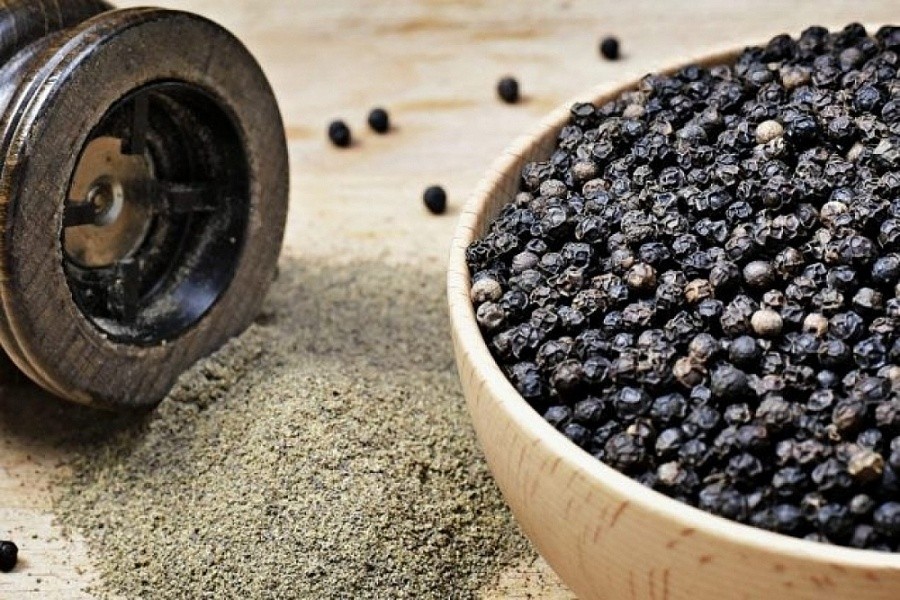 |
| After cashew nuts, the Vietnam Pepper Association continues to warn the business community about concerns about international trade fraud. (Source: Industry and Trade Newspaper) |
“With Vinasamex, when we sell goods, we require businesses to make a deposit. This deposit shows the customer’s commitment to receive and purchase the goods,” said Ms. Nguyen Thi Huyen.
When not requiring customers to make a deposit, along with the use of payment methods such as documents collection (D/P) or COD (cash on delivery), it is a delivery service that is commonly used in the purchase and sale of goods. This has created risks and insecurity for international trade transactions.
Therefore, businesses need to look at it from two different angles and sides. If we are strict from the beginning, requiring customers to make a deposit, then this risk will certainly be minimized from the beginning.
“If we make a really good product, customers really need this product and they want a sustainable and long-term cooperation, they are willing to pay the initial deposit,” said Ms. Nguyen Thi Huyen.
Some notes on negotiating, signing and implementing contracts with Indian partners, Mr. Bui Trung Thuong, Commercial Counselor, Embassy of Vietnam in India informed, doing business with Indian partners "if you want to be fast, you have to be slow". Enterprises need to be careful step by step, should not take shortcuts.
It is very important to verify whether the business is accurate or not. Because most Vietnamese businesses are exchanging through partners and intermediaries to buy goods from India. When everything is favorable, it will be very easy, but when there is a problem, finding them is very difficult.
When receiving an order, the business must send an email to confirm whether the order is under the company's authority or not and request a signature to confirm. Avoid the case where the person placing the order quits after a while, and another person takes over, claiming that they did not place the order.
Most disputes are related to quality issues and shortages of goods. Businesses need to check the goods before delivery and notify the partner with pictures.
In addition, it is necessary to keep in touch with partners and customers regularly. “We have to exchange and update information with partners every day. If we do not see a response from them after 3-4 days, there will definitely be a problem,” Mr. Bui Trung Thuong informed.
Source




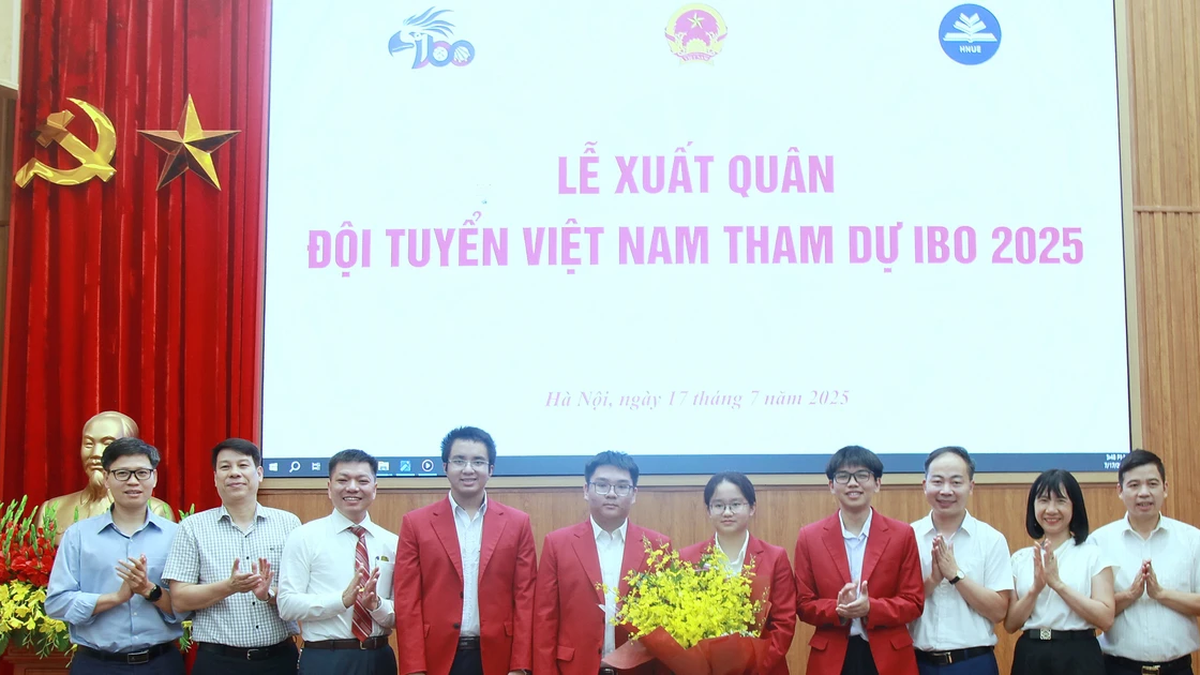

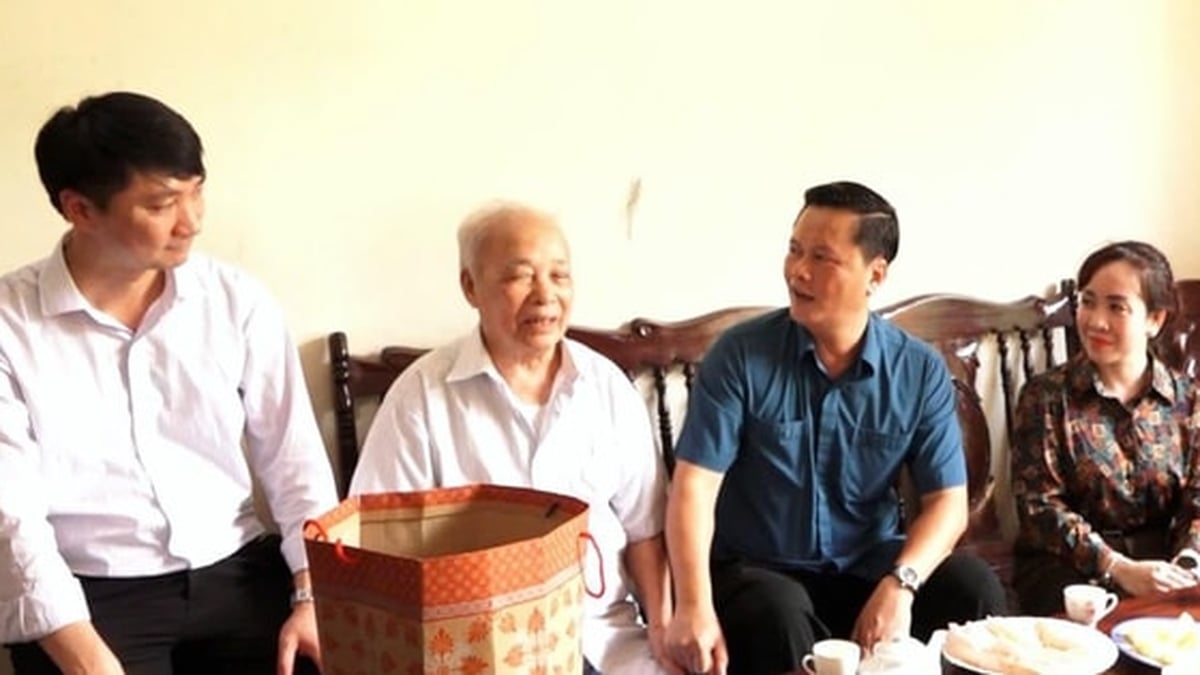
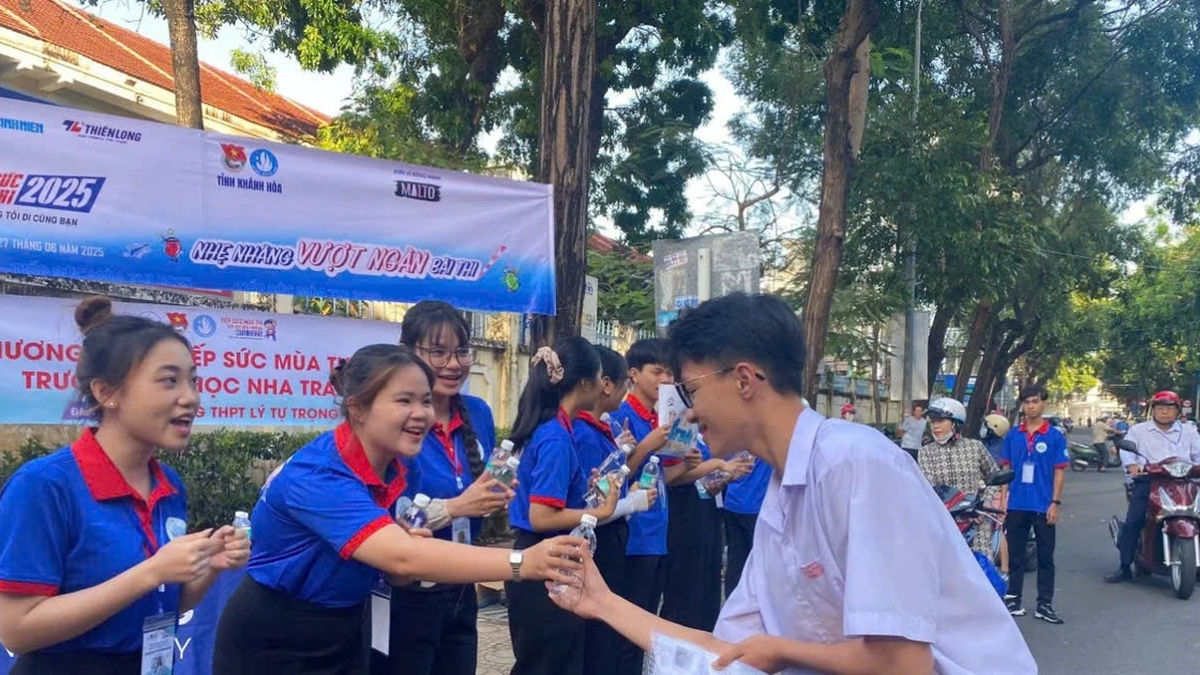

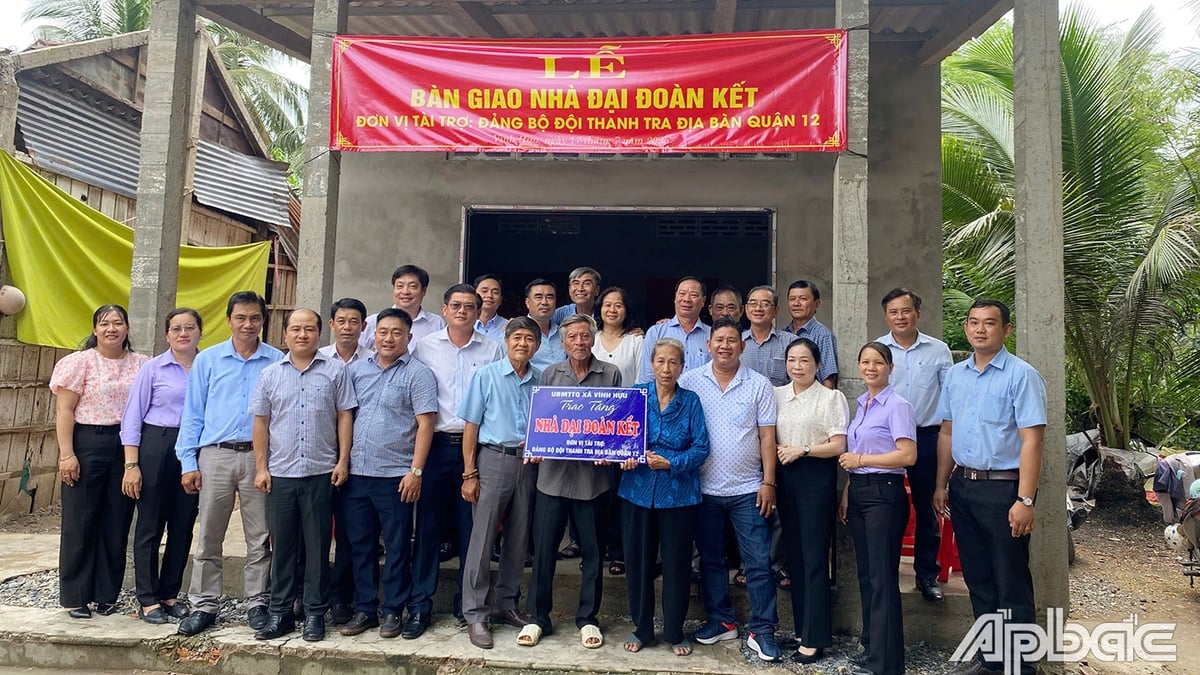
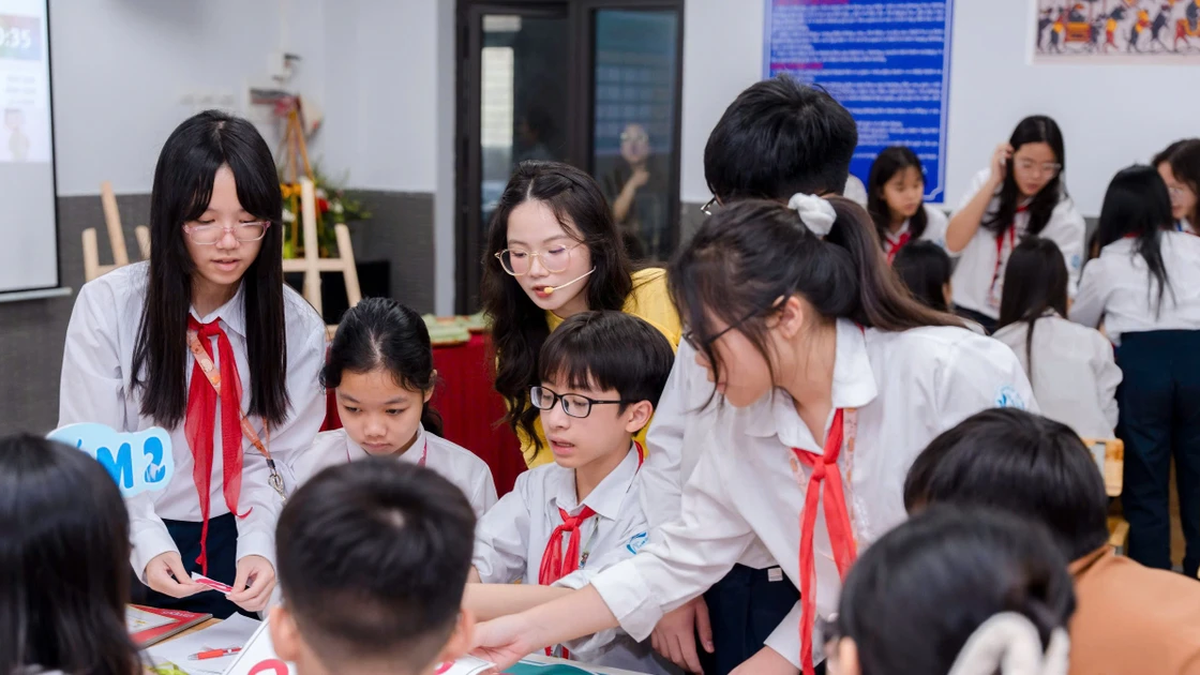
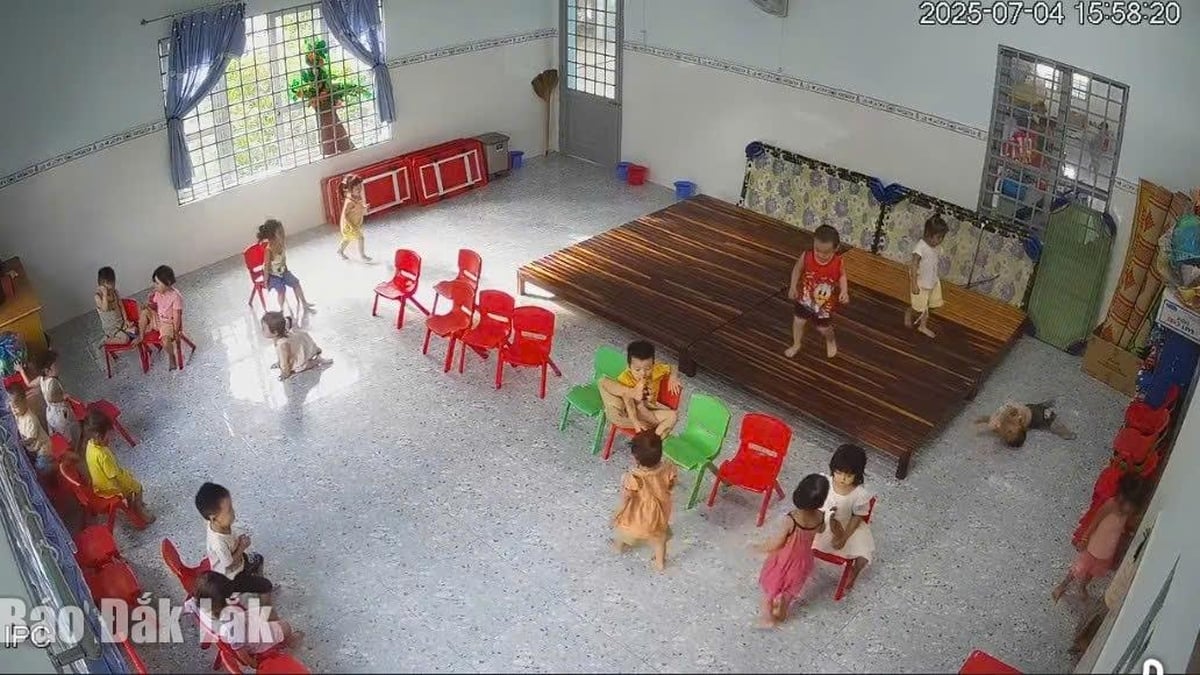

























































































Comment (0)